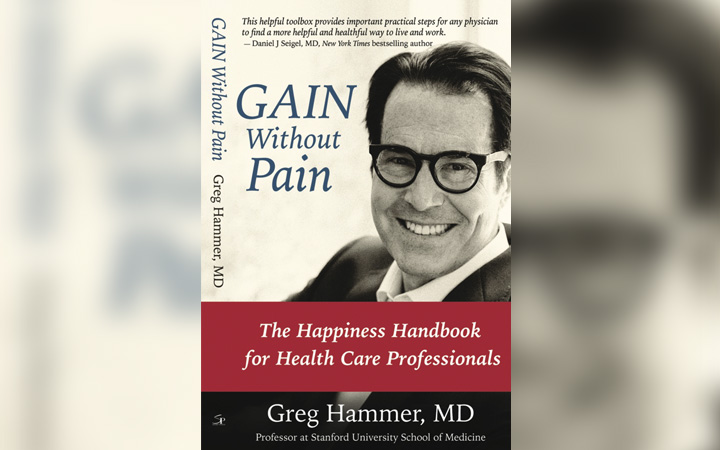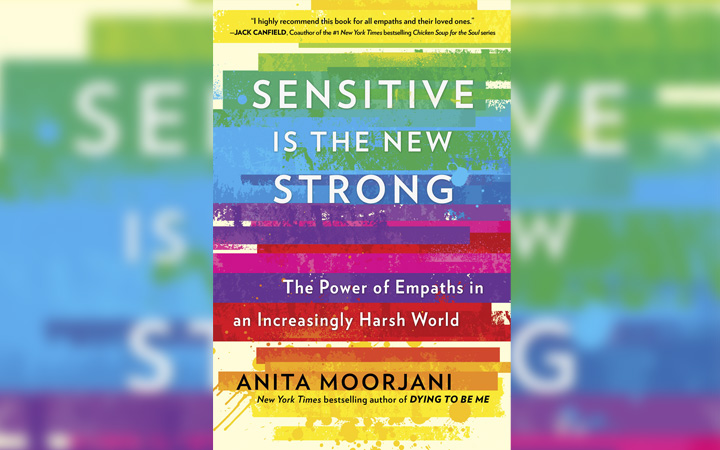GAIN Resilience and Reduce Stress with this 3 Minute Daily Mindfulness Practice

Two potent inducers of stress are (1) uncertainty about the future and (2) a world that does not comport with our wants and needs. The coronavirus (COVID-19) pandemic brings both conditions and rampant, world-wide stress. Stress causes increases in adrenaline and cortisol in our bodies, increasing our heart rate, blood pressure, and blood sugar. Acute stress may be adaptive, enabling us, for example, to escape a predator by focusing our attention and directing blood flow to our muscles so we can run faster. When stress lasts for days, weeks, and even months, however, it is maladaptive. Chronic stress has adverse effects on our immune system as well as our heart and blood vessels. Chronic stress also induces changes in our chromosomes akin to aging. We are all better off learning how to reduce such stress by becoming more resilient in the face of adversity, especially during the current global coronavirus crisis.
There are four core pillars of resilience: Gratitude, Acceptance, Intention, and Nonjudgment. Together these principles form the acronym, GAIN. We can practice GAIN beginning with a 3-minute contemplation or meditation each morning; this will prepare us to remind ourselves of these essential elements of resilience throughout our day. Examples of thoughts we might embrace during this time of extraordinary stress:
1. Gratitude: We all have much for which to be grateful. Let’s consider how much better off most of us are than our ancestors were 100 years ago during the influenza pandemic of 1918. During that crisis there was little communication – no internet to keep people updated or able to Facetime with friends and family, poor sanitation, and far too few hospital beds and other essential resources to manage the critically ill. There were not enough ambulances, caskets, or burial sites for those who had succumbed to the virus. Bodies were moved to bedrooms in homes, where they often remained for days or longer. Nowadays we have much improved access to medical care, food, and other necessities. As bad as things are, they could be much worse. We do indeed have reasons to be grateful.
2. Acceptance: As the Serenity Prayer reminds us, we are well served to discern between those things we can and cannot change and accept the latter. During this historically difficult time there is much that we cannot change. Let’s open our hearts to the pain and suffering of others and ourselves and abide there, accepting these feelings. We did not create this pandemic and we cannot cure it. We can only manage to remain safe by practicing social distancing while staying in touch with our loved ones by text, email, Facetime, and other means.
3. Intention: Our brains are wired with a negativity bias. We remember feelings and events that are sad and painful while often losing track of the wonderful moments in life. The good news is that we can use our intention to re-wire our brains. A good example is the “Three Good Things” program initiated at Duke University (https://www.youtube.com/watch?v=hZ4aT_RVHCs). Simply thinking of three good things that happened during our day as we prepare for bed each evening improves our sleep and happiness. This practice is easy to embrace and requires no time – we simply need to be purposeful and diligent in embracing it regularly. Our brains remain plastic, or changeable, even during adulthood, contrary to what many may believe. We simply need to deploy our intention.
4. Nonjudgment: We tend to continuously compare ourselves to others and form judgments of good or bad. “He is smarter than I am” or “she is not as athletic as I am.” The process of constantly categorizing and judging is exhausting and detracts from our happiness. Unfortunately, we tend to judge ourselves most harshly. Fortunately, there is an alternative – we can simply view the world and ourselves with open minds and hearts and adopt a sort of “benevolent indifference.” This is not to be confused with being jaded or crass, but rather means that we can rest our judging minds and enjoy things just the way they are. Again, we did not create this world and we can do little to change it. Let’s simply accept the way things are without judgment.
The GAIN practice can help us be more present. We tend toward obsession of the past and future in ways that are maladaptive, distracting ourselves from being present. While it is adaptive to savor our past pleasurable memories and learn from our mistakes, it is harmful to be stuck in thoughts of regret and shame. Similarly, with thoughts of the future – it is adaptive to look forward to good times and plan to put food on the table, but maladaptive to ruminate over thoughts that bring fear and anxiety. Due to our negativity bias we tend to catastrophize, meaning that we focus on the worst-case scenario, even though this rarely comes to fruition. Happiness indeed resides in the present moment. Consider your happiest times – laughing with others at a hilarious joke or event, connecting with a friend or lover, enjoying a moving concert or painting. All of these experiences are devoid of thoughts of the past or future. We are “right here right now.” Mindfulness means “paying attention, on purpose, in the present moment, non-judgmentally”, according to its founder, Jon Kabat-Zinn. By embracing and employing the elements of GAIN, we are more mindful, resilient, and happy.

 bout the Author
bout the Author




